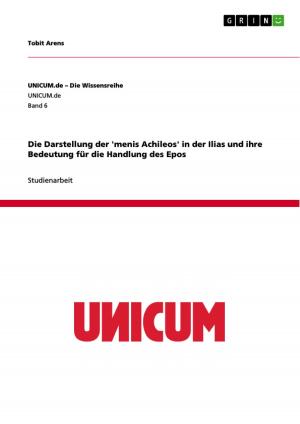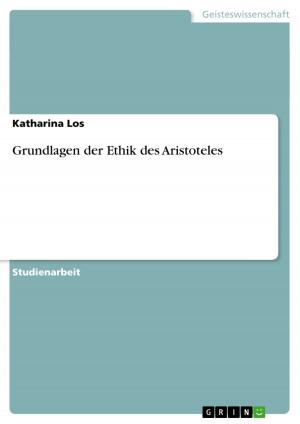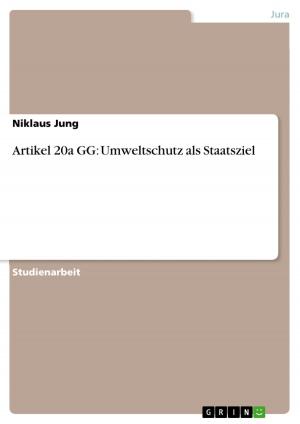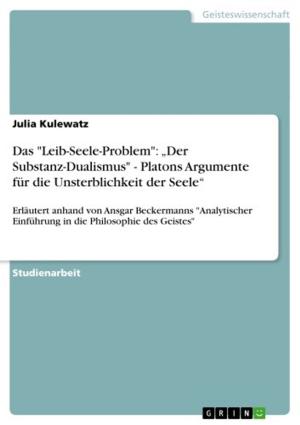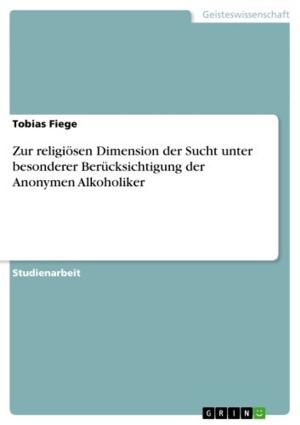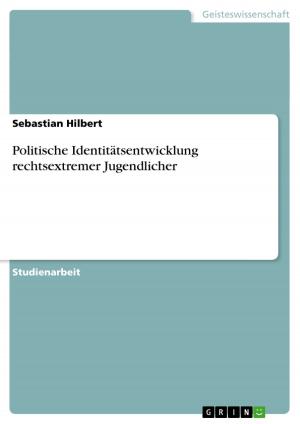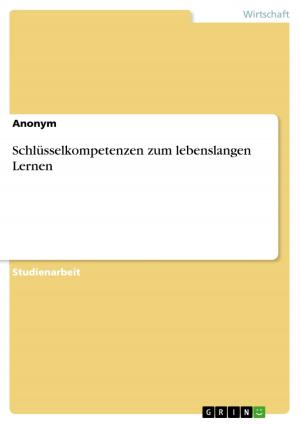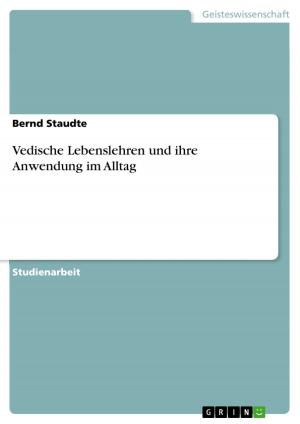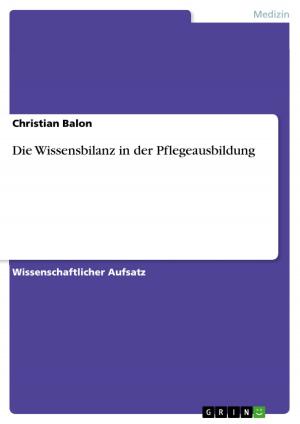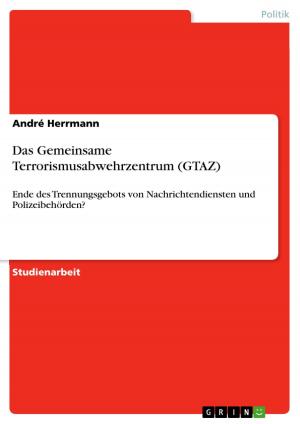Is the use of technological force by one state against another - a so-called 'cyber-attack' - a breach of Article 2(4) of the UN Charter?
Nonfiction, Reference & Language, Law, International| Author: | Veronika Minkova | ISBN: | 9783656016977 |
| Publisher: | GRIN Verlag | Publication: | September 28, 2011 |
| Imprint: | GRIN Verlag | Language: | English |
| Author: | Veronika Minkova |
| ISBN: | 9783656016977 |
| Publisher: | GRIN Verlag |
| Publication: | September 28, 2011 |
| Imprint: | GRIN Verlag |
| Language: | English |
Essay from the year 2011 in the subject Law - European and International Law, Intellectual Properties, grade: 1,7, University of Reading, language: English, abstract: Computers represent a stark example of dual use technology as they can be used for peaceful and military purposes, such as espionage and cyber-attacks. Cyber-attacks are a new tool of coercion, which brings many advantages for potential perpetrators in comparison with conventional attacks. For example, the knowledge and equipment necessary to initiate a computer network attack are widely available. The response of international law to this problem has been slow, attempting to twist existing legal frameworks to fit the new challenge. The present essay considers whether the international community should view computerized network attacks as a prohibited use of force under Article 2(4) of the UN Charter.The first section defines the parameters of cyber-attack and distinguishes it from other forms of computer crime. Several reasons for choosing cyber-attack over conventional weapons are identified. The second section discusses whether cyber-attack constitutes 'armed force'. Cyber-attack is contrasted with other forms of coercion such as political and economic coercion as well as chemical and biological weapons. The final section poses the question whether cyber-attacks are prohibited by Article 2(4) of the UN Charter, particularly focusing on the issue of consequentiality.
Essay from the year 2011 in the subject Law - European and International Law, Intellectual Properties, grade: 1,7, University of Reading, language: English, abstract: Computers represent a stark example of dual use technology as they can be used for peaceful and military purposes, such as espionage and cyber-attacks. Cyber-attacks are a new tool of coercion, which brings many advantages for potential perpetrators in comparison with conventional attacks. For example, the knowledge and equipment necessary to initiate a computer network attack are widely available. The response of international law to this problem has been slow, attempting to twist existing legal frameworks to fit the new challenge. The present essay considers whether the international community should view computerized network attacks as a prohibited use of force under Article 2(4) of the UN Charter.The first section defines the parameters of cyber-attack and distinguishes it from other forms of computer crime. Several reasons for choosing cyber-attack over conventional weapons are identified. The second section discusses whether cyber-attack constitutes 'armed force'. Cyber-attack is contrasted with other forms of coercion such as political and economic coercion as well as chemical and biological weapons. The final section poses the question whether cyber-attacks are prohibited by Article 2(4) of the UN Charter, particularly focusing on the issue of consequentiality.

